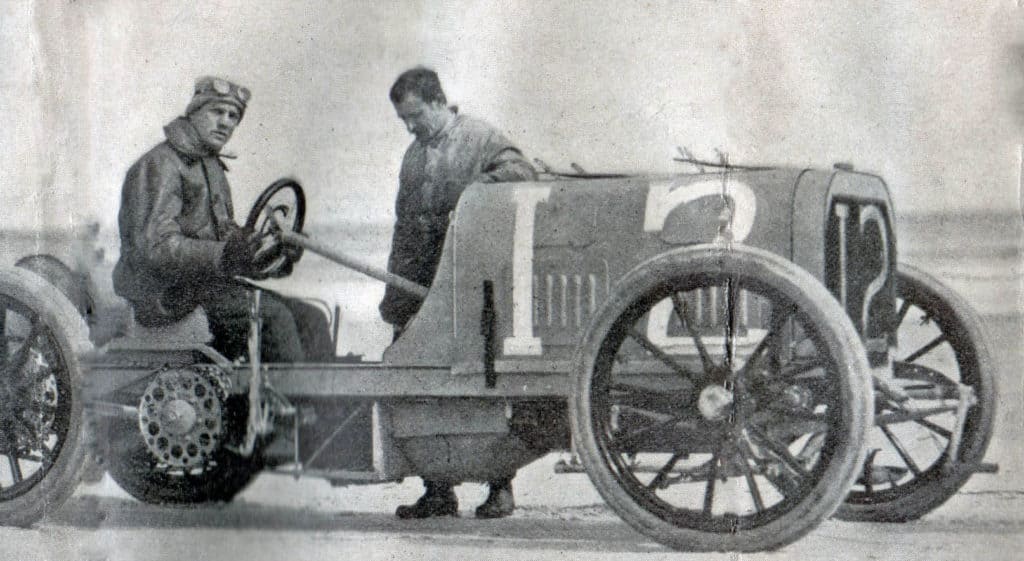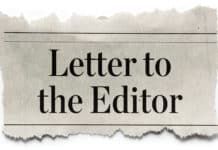
By Mary Hoar, President Emerita, Yonkers Historical Society, recipient of the 2004 Key to History and President Untermyer Performing Arts Council
Monday, November 1st
November 1, 1943: Former Herald Statesman Reporter Robert Walters of Livingston Avenue, working for United Press in Washington, shared details of his “highly privileged life.” Besides covering presidential press conferences, he attended luncheons addressed by Prime Ministers, worked in the US Senate and House press galleries, and covered the Fulbright resolution debate. The House approved the latter, guaranteeing the US participate in “appropriate international machinery with power adequate to establish and maintain a just and lasting peace.”. He shared President Roosevelt was in “excellent health, showed no sign of tremendous responsibilities, and best of all, shoveled a good batch of news our way!” With all this going on, he still missed the colorful Yonkers autumn.
November 1, 1951: Mary Ellen English Carey, Superintendent of the City Hospital for Communicable Diseases from 1918-1948, passed away at the age of 93. Often called “Mother Carey,“ she was a known perfectionist in hospital administration, the reason she continued in the post long after retirement age. She was the first registered nurse to hold this position, she trained in the first class graduated from St. Vincent’s Hospital Nursing School. City Hospital closed the November after she retired in 1948.
Tuesday, November 2nd
November 2, 1949: Worcester, Massachusetts, created a memorial display at the Worcester Historical Society of several hundred medals, awards and gifts in memory of the late Yonkers resident Captain George Fried. Sea hero Fried, a Worcester native, lived in Yonkers for more than twenty years.
November 2, 1955: Natalie Kink Payne was appointed to the Yonkers Public Library as the first African American employed as a permanent employee.
Wednesday, November 3rd
November 3, 1924: Theodore Gilman presented a table to the Manor Hall. Gilman imported it from Flanders about 1884; at the time of the purchase, it allegedly was 300 years old. The table was similar to one Frederick Philipse presented to the Dutch Reformed Church at Sleep Hollow, a table used as their Communion Table.
November 3, 1946: The Yonkers office of the Veterans Administration announced, after just one year, it held 6,798 phone and 21,669 in-person meetings with veterans about veterans’ rights and benefits.
Thursday, November 4th
November 4, 1917: After receiving an appeal for an “early Christmas”, the Yonkers Chapter of the American Red Cross packed and mailed comfort kits for our Yonkers soldiers fighting in France.
November 4, 1929: Although it was Yonkers first “four-cornered mayoral election” in Yonkers’ history, Republican Mayor John Fogarty received a record-breaking majority of more than 7,000 votes, and swept every ward but the Democratic Party stronghold of the Sixth Ward. Republicans also won a majority in the Common Council.
November 4, 1939: After being pressured by local merchants and several Aldermen, Public Safety Commissioner Denis Morrissey announced parking would be allowed on both sides of Palisade Avenue and New Main Street.
Friday, November 5th
November 5, 1904: Several thousand people witnessed Frank Croker of Yonkers break an automobile racing record at Empire City Track. Croker drove a Ford racer, setting the amateur track speeds, covering twelve miles in 11 minutes and 32 seconds. A few days earlier, he had set the record for automobile boats in a race in the first New York to Poughkeepsie race on the Hudson, traveling at an average speed of 26.2 miles an hour. Not only was it the fastest speed ever recorded in American waters, but it also was the record for a continuous run for a total distance of 136.6 miles.
The son of former Tammany Hall boss Richard Croker, Frank’s racing career was cut short when he was in a terrible accident the following January while practicing for the Ormond-Daytona Beach tournament. He passed away the following morning at the age of 27, his life cut too short by his love of speed.
November 5, 1928: The “Voice of the Sky” was heard for the first time over Yonkers when a tri-motor airplane, equipped with giant speakers and amplifiers, flew over Yonkers to broadcast campaign information for Mayor John J. Fogarty.
Saturday, November 6th
November 6, 1939: After learning the Navy Board in Washington had authorized the Thirty-second Fleet Division of the Naval Reserve transfer from Ossining to Yonkers, Yonkers also learned Ossining was waging a fight to prevent the move. Ossining argued the unit’s move would cause “distinct hardship to local members,” and necessitate rebuilding the unit. Yonkers offered the spacious Waverly Terrace Auditorium, along with riverfront facilities; Ossining required the unit share their armory in St. John’s School, which the officials felt were unsatisfactory.
November 6, 1944: By a vote of three to two, the Yonkers Common Council voted to suspend City Manager William A. Walsh, with a final plan of ousting him. Mayor Curtiss Frank, Councilmembers Edith Welty and John Whalen voted for the resolution; Vice Mayor James Sullivan and Councilman Thomas Sheridan voted against the resolution. The resolution listed fourteen points used as the reason for removal. After the meeting ended and the crowd had left, the Council reconvened and appointed City Comptroller Robert Craig Montgomery as Acting City Manager by a four-to-one vote; Councilman Sheridan voted against the resolution.
Sunday, November 7th
November 7, 1944: Henry Friedrich of First Street voted for his 70th time at School Eleven on Wakefield Avenue. Friedrich, who was ninety-one years old, stated when he voted for the first time his father, born in Germany, warned him “never to miss a vote and to do his part to help perpetuate the democracy that he came to this land to find.”
November 7, 1972: Yonkers Resident Gus Hall, National Secretary of the American Communist Party, received 25,597 votes in the presidential election. He ran for President four times: 1972, 1976, 1980 and 1984; he received the most votes in 1976, when the Watergate scandal caused a larger than usual protest vote.
Questions or comments? Email YonkersHistory1646@gmail.com.
For information on the Yonkers Historical Society, Sherwood House and upcoming events, please visit our website www.yonkershistoricalsociety.org, call 914-961-8940 or email yhsociety@aol.com.





